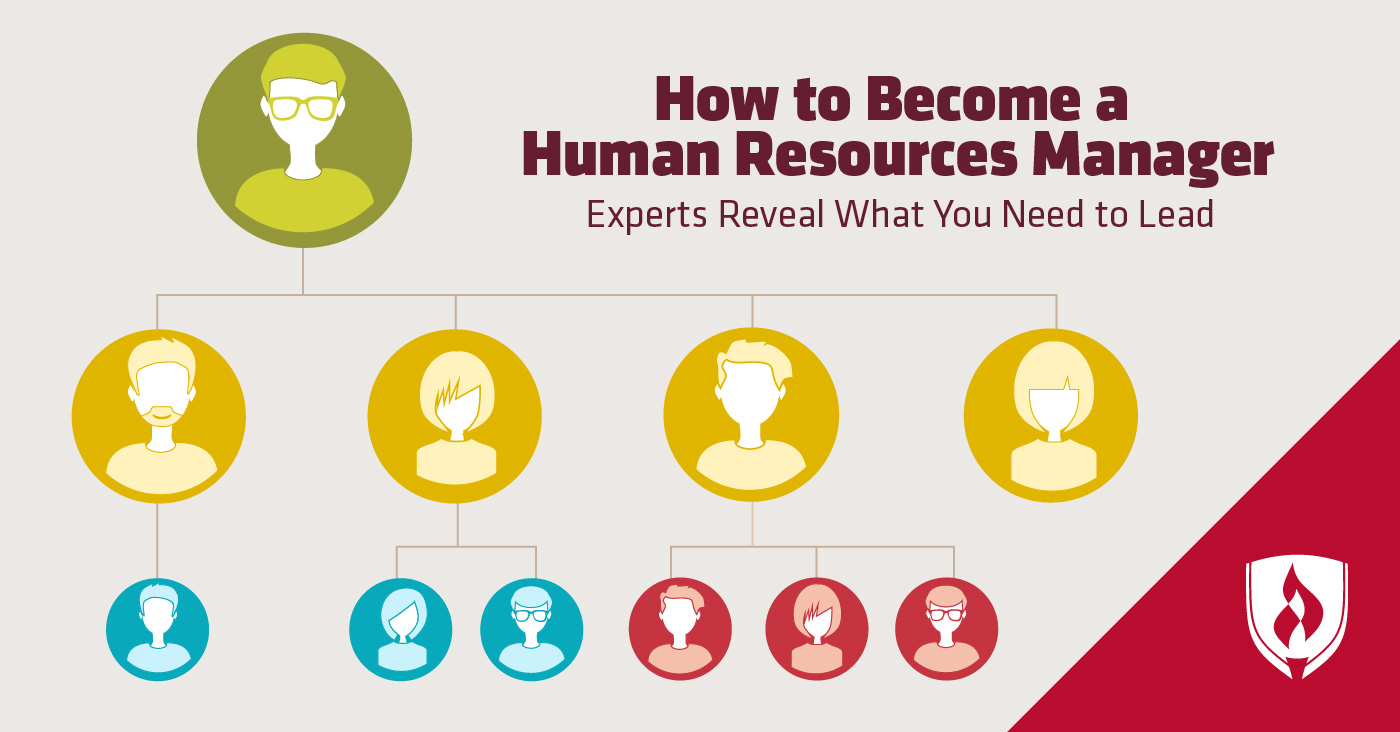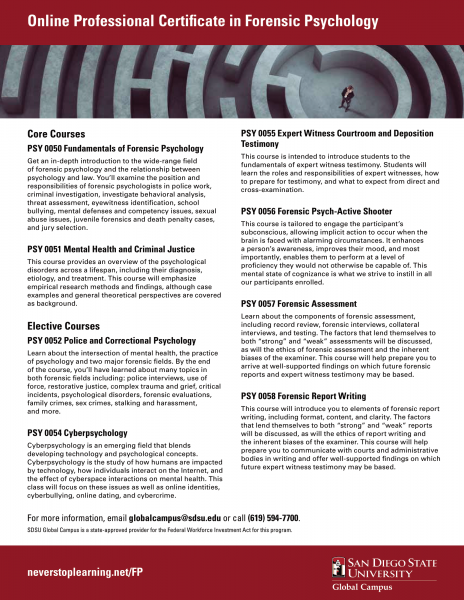How to Become a Salon Management Course: Expert Guide
Are you passionate about the beauty industry and eager to take your career to the next level? Becoming a salon manager could be your perfect path to success.
Imagine leading a team of creative professionals, ensuring every client leaves with a smile, and making strategic decisions that drive the salon’s growth. To step into this exciting role, you’ll need the right skills and knowledge, which is exactly what a salon management course offers.
We’ll unlock the secrets to mastering salon management. You’ll discover how these courses can transform your career, giving you the confidence and expertise needed to thrive. Whether you’re an experienced stylist looking to climb the career ladder or a newcomer eager to make a mark, this guide will illuminate your path. Let’s dive into how you can make your dream of leading a successful salon a reality.
Choosing The Right Salon Management Course
Selecting a salon management course requires careful consideration of course content and instructor expertise. Focus on courses offering practical skills and real-world salon management strategies. Understand course duration and flexibility to match your schedule and career goals.
Choosing the right salon management course is vital for your career growth. It can set the foundation for success in the beauty industry. Understand what to look for in a course. This ensures you gain the necessary skills and knowledge. Let’s explore key factors to consider.
Accredited Programs
Look for courses with proper accreditation. Accreditation ensures the course meets industry standards. It provides credibility and recognition for your qualifications. An accredited program often has a well-structured curriculum. This guarantees you learn what is essential for salon management. Check if the course is recognized by professional organizations.
Course Content Overview
Understand the course content before enrolling. A good program covers various topics. These include customer service, team leadership, and financial management. Marketing strategies for salons are also important. Ensure the course offers practical training sessions. Real-world scenarios enhance learning and skill application.
Online Vs In-person Learning
Decide between online or in-person learning formats. Online courses offer flexibility and convenience. You can learn at your own pace. In-person classes provide hands-on experience. This can be valuable for practical skills. Consider your learning style and schedule. Choose the format that suits your needs best.
Skills For Salon Management
Becoming a salon manager requires a specific set of skills. These skills ensure the smooth operation of the business. Managers need to handle various tasks daily. From leading teams to managing finances, each skill plays a vital role. This section delves into the essential skills for effective salon management.
Communication Skills
Effective communication is key to successful salon management. Managers must convey clear instructions to staff. They also need to listen to client needs attentively. Good communication builds trust and loyalty. It helps in resolving conflicts quickly and efficiently. Strong communication enhances overall customer satisfaction.
Financial Management
Managing finances is crucial for a salon’s success. Salon managers should understand budgeting and cost control. They must keep track of income and expenses regularly. Proper financial management ensures profitability and sustainability. It also aids in making informed business decisions. A strong financial plan supports salon growth.
Leadership And Team Building
Leadership is about inspiring and guiding the team. A salon manager must motivate staff to achieve goals. Strong leadership creates a positive work environment. It encourages teamwork and boosts employee morale. Building a cohesive team is vital for salon success. A united team offers better client experiences.
Career Opportunities In Salon Management
The beauty industry is booming, and salon management is at the forefront of this growth. With the right training, you can unlock a myriad of career opportunities that cater to your interests and skills. Whether you aspire to manage a salon, embark on entrepreneurial ventures, or provide consulting and training, the possibilities are endless and rewarding.
Salon Manager Roles
As a salon manager, you oversee the daily operations, ensuring everything runs smoothly. You handle scheduling, manage inventory, and maintain customer satisfaction. With your leadership, the team thrives, and the salon becomes a hub of creativity and style. Are you ready to lead and inspire?
Consider the thrill of managing a high-end salon in a bustling city. Your decisions directly impact the salon’s reputation and success. It’s a position where your skills in communication and organization are your greatest assets. Embrace the challenge and make a difference.
Entrepreneurial Ventures
Dream of owning your salon? This career path allows you to express your creativity and business acumen. Opening a salon means creating a unique space where clients feel pampered and valued. Every detail, from the décor to the services offered, reflects your vision.
Picture yourself crafting a brand that stands out in the beauty industry. You develop marketing strategies and build a loyal clientele. It’s a journey of growth and learning, with endless opportunities to innovate. Are you ready to turn your passion into a thriving business?
Consulting And Training
Want to share your expertise with others? Consulting and training offer a platform to guide budding professionals and established salons alike. You help others refine their skills, improve their processes, and achieve their goals.
Imagine conducting workshops that transform how salons operate. You provide insights that boost efficiency and client satisfaction. It’s a role that requires a deep understanding of industry trends and a knack for teaching. Could this be your next adventure?
Each career opportunity in salon management brings unique challenges and rewards. What path will you choose to make your mark in this vibrant industry?
Certifications And Qualifications
Certifications and qualifications are crucial for those pursuing a career in salon management. They not only demonstrate expertise but also open doors to numerous job opportunities. Understanding the certifications and qualifications needed is the first step toward a successful career in the beauty industry.
Industry Recognized Certifications
Industry recognized certifications boost your credibility. A popular certification is the Certified Salon Professional (CSP). This certificate covers essential skills for salon management. It includes customer service, sales techniques, and business operations. Another sought-after certification is the Certified Salon Manager (CSM). It focuses on leadership and management skills. Having these certifications sets you apart from the competition.
Additional Qualifications
Additional qualifications enhance your resume. A degree in business administration is beneficial. It provides knowledge on managing finances and staff. Courses in marketing can be useful as well. They teach how to promote the salon effectively. These qualifications complement industry certifications. They make you a well-rounded professional.
Continuing Education
Continuing education is essential for staying current. The beauty industry evolves rapidly. New trends and techniques appear frequently. Attending workshops helps keep skills fresh. Online courses offer flexibility for busy schedules. They provide knowledge on the latest industry developments. Continuing education ensures you remain competitive. It keeps your skills sharp and relevant.
Navigating The Salon Industry
The salon industry is vibrant and ever-changing. Navigating it requires knowledge and skill. A salon management course can help you understand this dynamic field. Learn about trends, networking, and solutions to common challenges. This knowledge will help you succeed in salon management.
Trends And Innovations
Trends in the salon industry change fast. Staying updated is crucial. Clients want the latest styles and techniques. Innovations like eco-friendly products are gaining popularity. Courses teach you about these trends. Understand what clients want. This knowledge helps you provide better services.
Networking Strategies
Networking is vital in the salon business. Build strong connections with professionals. Attend industry events and workshops. Connect with suppliers and other salon managers. Networking opens doors to new opportunities. It helps in learning from others’ experiences. This can lead to valuable partnerships.
Challenges And Solutions
Managing a salon comes with challenges. Staffing issues, client satisfaction, and budget constraints are common. Courses offer strategies to overcome these hurdles. Learn effective management skills. Develop conflict resolution techniques. These skills ensure smooth salon operations. Staying prepared helps in tackling challenges confidently.
Tips For Success In Salon Management
Are you dreaming of a thriving career in salon management? To succeed, you need more than just technical skills. Your journey will involve building strong relationships, crafting savvy marketing strategies, and mastering time management. Dive into these essential tips to set yourself apart in the competitive world of salon management.
Building Client Relationships
Clients are the heart of your business. Make them feel valued and appreciated. Start by listening attentively to their needs and preferences. This shows you care and are invested in their satisfaction.
Remember a client’s name and details about their past visits. This small effort can transform a regular customer into a loyal advocate. Consider sending personalized thank-you notes or offering loyalty discounts. These gestures can create a lasting bond.
Imagine walking into a salon where everyone greets you warmly, remembers your last haircut, and offers your favorite coffee. Wouldn’t you return? That’s the power of building genuine relationships.
Effective Marketing Strategies
Marketing is your tool to attract new clients and keep existing ones excited. Use social media platforms to showcase your salon’s unique style and services. Post eye-catching photos and engaging content regularly.
Host events or workshops to draw people in. Offer promotions that encourage clients to try new services. Collaborate with local businesses to expand your reach. You never know how a simple partnership might open doors to new clientele.
Think outside the box. What can you offer that your competitors don’t? Creating a niche can set your salon apart and keep clients coming back for more.
Time Management Techniques
Running a salon is hectic. Efficient time management is crucial. Prioritize tasks and set realistic goals. Use tools like calendars and reminders to keep track of appointments and deadlines.
Delegate responsibilities to your team. You don’t need to do everything yourself. Trusting your staff allows you to focus on strategic decisions and client interactions.
Are you often overwhelmed by a long to-do list? Break tasks into smaller, manageable steps. This approach can make even the busiest days feel more achievable.
As you embark on your salon management journey, consider these tips. They can transform your business and elevate your career. What changes will you make today to set your salon apart?
Frequently Asked Questions
What Is A Salon Management Course?
A Salon Management Course teaches skills needed to run a successful salon. It covers topics like business management, customer service, and marketing. Students learn about scheduling, inventory management, and financial planning. This course is ideal for aspiring salon managers or owners looking to enhance their operational skills.
How Do I Enroll In A Salon Management Course?
To enroll, research accredited institutions offering Salon Management Courses. Review their curriculum, fees, and duration. Ensure the course aligns with your career goals. Apply online or contact the institution directly for guidance. Some courses may require previous salon experience or a related qualification.
What Skills Do You Gain From This Course?
This course provides skills in business management, customer service, and marketing. You’ll learn to manage staff, handle finances, and optimize operations. Effective communication and leadership skills are also covered. These skills are crucial for running a successful and profitable salon business.
How Long Does The Course Typically Take?
The duration of a Salon Management Course varies by institution. Typically, it ranges from a few weeks to several months. Some courses offer flexible part-time options. Always check with the course provider for specific timelines. This ensures the course fits your schedule and learning pace.
Conclusion
Embarking on a salon management course opens new career paths. The skills you gain enhance your expertise and confidence. With dedication, you can manage successful salons. Engaging in practical learning prepares you for real-world challenges. Building strong relationships with clients becomes easier.
Courses help you understand salon operations deeply. This knowledge boosts your career growth. Remember, every step you take brings you closer to your goals. Stay focused, keep learning, and embrace new opportunities. A rewarding career in salon management awaits you.

























:max_bytes(150000):strip_icc()/childhood-depression-1066805-e4d630dd8c5e47c2ac1d40cd5cb20c24.png)









